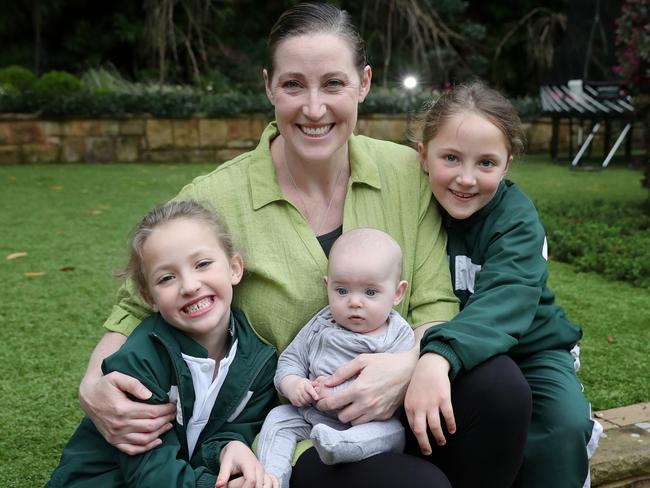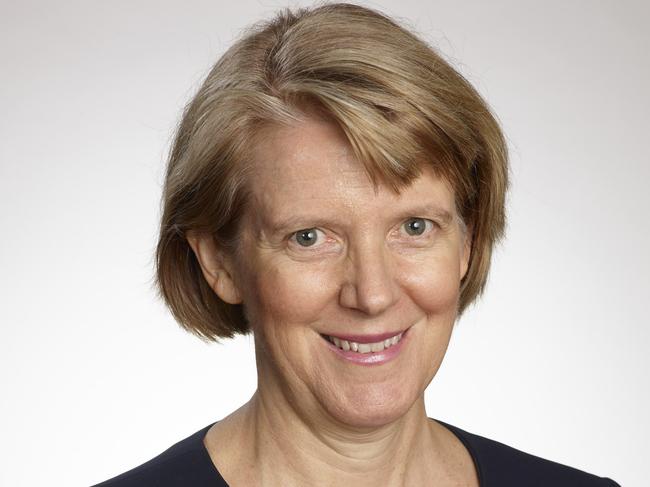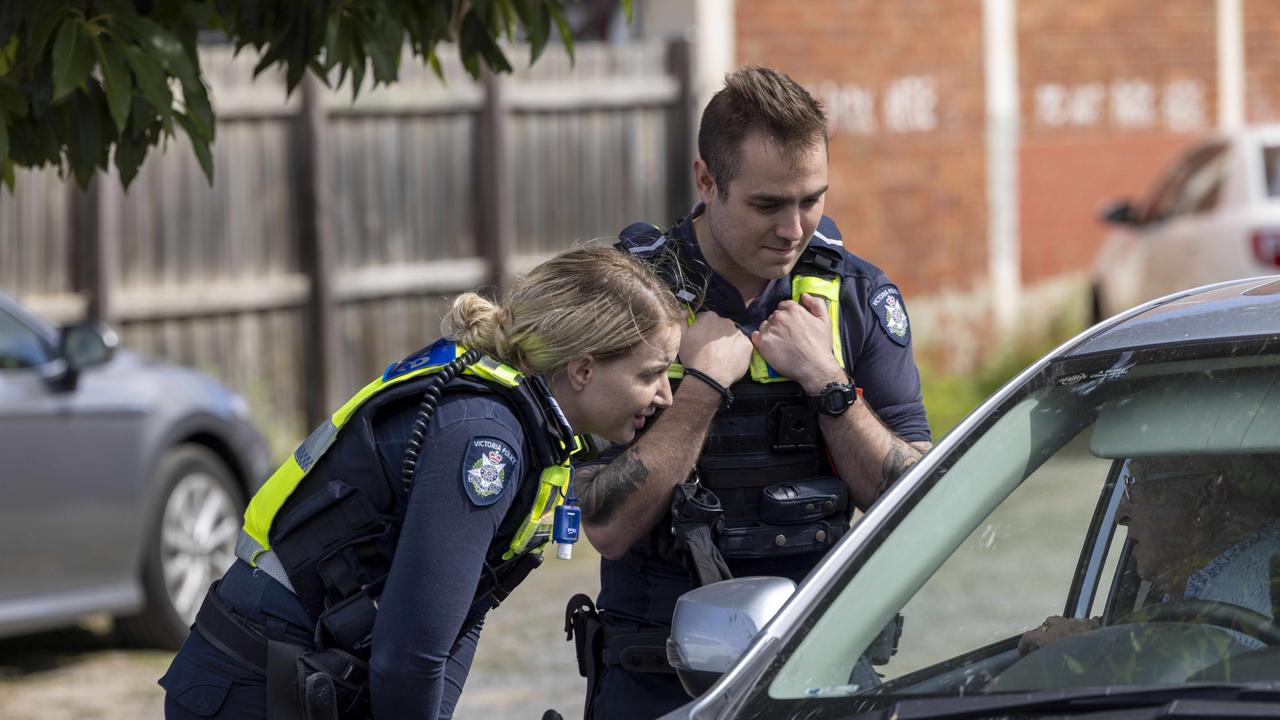Gynaecological cancer research hits a life-threatening hurdle as funds fall short
Olympic hurdler-turned-doctor Jana Pittman has spoken out as funding for gynaecological cancer research dries up.

National
Don't miss out on the headlines from National. Followed categories will be added to My News.
One of Australia’s top gynaecological cancer researchers has warned more women will needlessly die unless more funding is made available for innovative trials of new therapies.
Professor Clare Scott, who is the chair of the Australia New Zealand Gynaecological Oncology Group (ANZGOG), said one of the most promising trials for ovarian cancer therapy was still awaiting funding.
“If we don’t push for funding of innovative trials of new therapies, survival rates will not improve,” Professor Scott said.
Almost 8000 Australian and New Zealand women will be diagnosed one of seven gynaecological cancers this year alone. – that equates to 18 Aussie women and three Kiwis a day who will be diagnosed with either ovarian, cervical, endometrial, vagina, vulva or two rarer placental cancers.
More than half of women diagnosed with ovarian cancer will not survive past five years, while the rate of endometrial cancer, which can be very aggressive, in both countries has increased by 55 per cent in the past 10 years.
Olympic hurdler-turned-doctor Jana Pittman is encouraging women to talk more openly about taboo subjects and to seek advice early should symptoms arise.
“Women need to be able to talk about their breasts and vaginas and menstrual cycles, and any other strange symptom they might be experiencing,” the ANZGOG ambassador said.
“It’s just a body – but it is your body and you need to look after it and protect it.”
The first time Dr Pittman had a cancer scare she said she “felt like an idiot” for not having had a pap smear for nine years.

The second time, she felt lucky she had been tested and doctors caught the abnormality before it could potentially progress to cancer.
“A year later and it could have been too late,” Dr Pittman said.
“I would rather see a female patients regularly and be able to tell her ‘yes, that is menopause’ or something else, than by the time she sees a doctor it is too late.”
Prof Scott said funding clinical trials to narrow down specific treatments for the seven types of gynaecological cancers could be the “difference between a woman knowing which treatments and trials are right for her, and most likely to prolong her life”.
“Until we can match more cancers to targeted therapy, we are still behind the eight-ball,” Prof Scott said.
She said research into areas such as DNA sequencing of a woman’s cancer could provide avenues for “targeted therapies properly matched to the cancer”, which could provide a “higher chance of controlling the cancer for longer.”
“Funding is especially vital given there are no screen tests for gynaecological cancers, other than cervical cancer. And the only vaccine, Gardasil, is for cervical cancer,” she said.
Prof Scott would like to see the government come to the table with funding, not just of the trials but helping to make treatments, when proven to be effective, more accessible and affordable to all who need them.

Professor Scott said: “ANZGOG is conducting a program of targeted new therapies for women with molecular subtypes of ovarian cancer. These precision medicine trial often struggle to find funding but can be significant game changers in the treatment of women.
“The recent achievements of the Solace2 trial is a great example of a precision medicine trial that holds significant promise for women using a vaccine-like focused treatment.
“Other outstanding ideas struggle for funding. That’s why public donations and bequests are so important.
“This program of trials by ANZGOG would never have started without major public support, including a large bequest.
“New precision medicine trial concepts that focus on difficult to treat sub populations of ovarian cancer are being approved for development but funding for these rarer studies is hard to find.
“Without these trials there is no treatment answer for many women with ovarian cancer.”
Survival depends on early detection. In many cases, given that the symptoms of gynaecological cancer are non-specific, the cancer is not caught until quite late.
During Gynaecological Cancer Awareness month this September, ANZGOG’s Honour Her campaign aims to raise awareness and funding for gynaecological cancer research and trials.
To donate, please go to www.honourher.org.au





